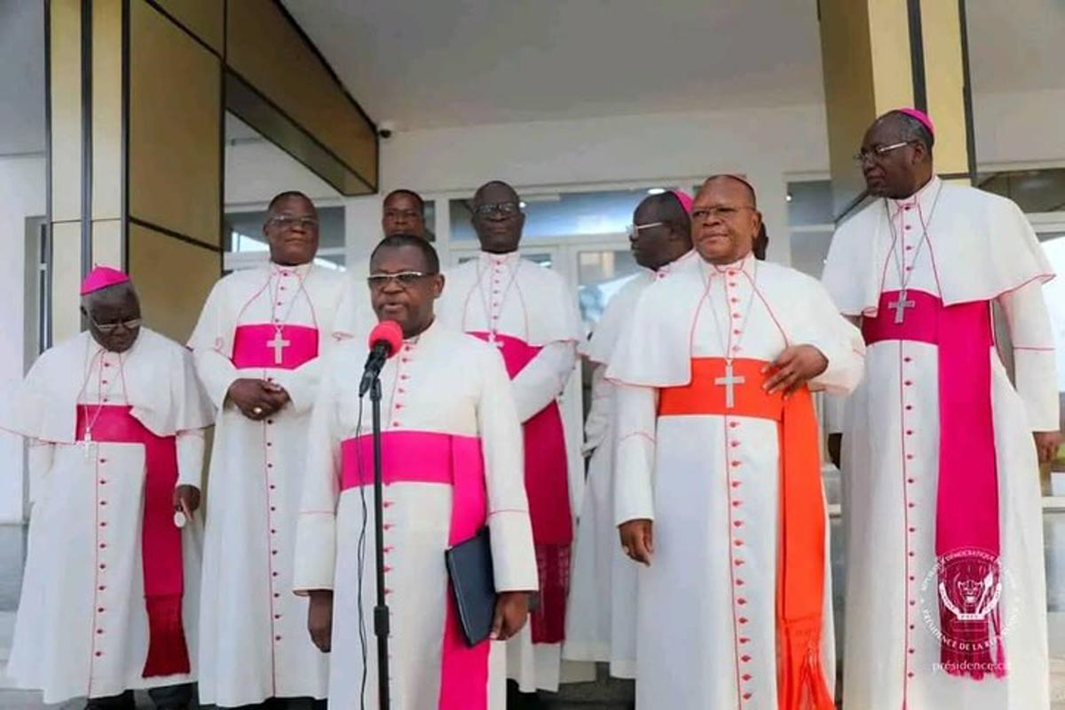By Paschal Norbert
KINSHASA, AUGUST 9, 2024 (CISA) – The National Episcopal Conference of Congo (CENCO) has reiterated its call for strict adherence to the recently signed ceasefire agreement between the Democratic Republic of Congo (DRC) and Rwanda. It emphasized the necessity of bolstering national unity to restore peace in the region.
In a statement released on Wednesday, August 7, 2024, CENCO acknowledged recent positive steps such as humanitarian truces and the ceasefire agreement concluded in Luanda. The statement highlighted these as progress in efforts to resolve the ongoing conflicts in eastern DRC. However, CENCO reminded that similar agreements in the past were often ignored, leading to renewed hostilities.
The Catholic bishops urged both the DRC and Rwandan governments to fully honour the ceasefire agreement and called on international partners to support its effective implementation. It stressed the importance of ensuring the safety and return of displaced individuals to their homes.
Between 2022 and July 2024, CENCO conducted nearly ten advocacy missions abroad to raise awareness about the Congolese crisis. These missions, aimed at civil society organizations, sister churches, and leaders in the United States, Europe, Great Britain, and Africa, sought to encourage greater international involvement. CENCO expressed gratitude for the support and openness of these partners.
CENCO also highlighted the need to enhance national cohesion to avoid reliance on external forces. It encouraged Congolese citizens to address their internal conflicts independently, without foreign intervention.
In its statement, CENCO affirmed its commitment to monitoring and advocating for the ceasefire agreement, both nationally and internationally, until peace is restored in the DRC and the Great Lakes region.
Despite the ceasefire, which officially took effect on August 4, 2024, there have been reports of ongoing violations. Forces have reportedly occupied new localities, such as Nyamilima and the crucial border post of Ishasha, during the period leading up to and following the ceasefire deadline. This suggests a troubling disregard for the agreement.
The recent meeting in Luanda, involving Congolese and Rwandan diplomats and mediated by Angola, resulted in a ceasefire declaration. However, the effectiveness of this agreement is questioned, as it did not explicitly address the M23 or Rwandan troops, and the M23 declared it was not bound by the terms, having not been part of the negotiations.
The Congolese government faces the challenge of navigating the complexities of this agreement, amid ongoing incursions by M23/RDF forces and issues of misinformation. The situation continues to evolve, with the government facing pressure to negotiate with a group it deems terrorist, while M23/RDF remains unyielding in its demands for direct talks.
As tensions persist, the Congolese government remains determined to address the conflict’s root causes and push for a resolution that ensures the withdrawal of foreign troops and the disarmament of M23 forces.
